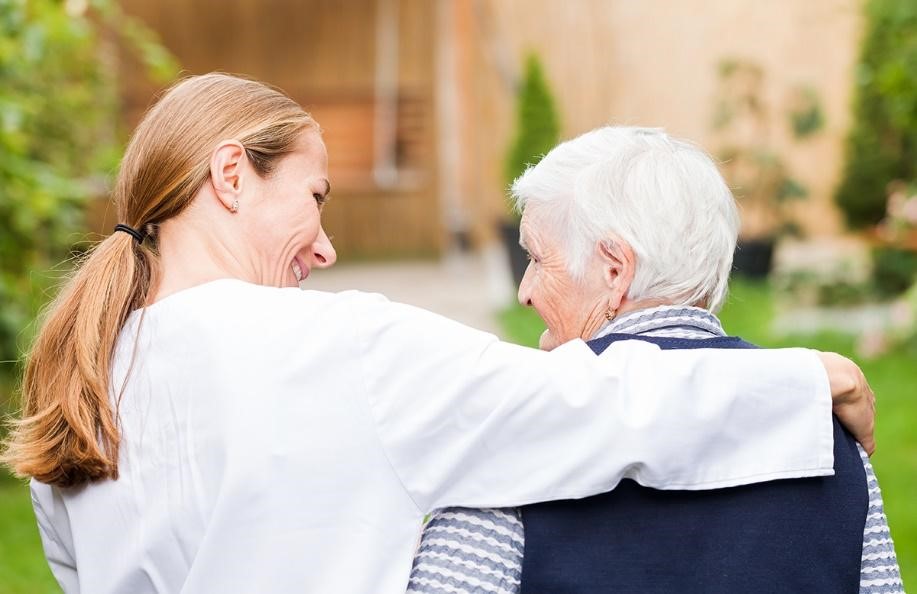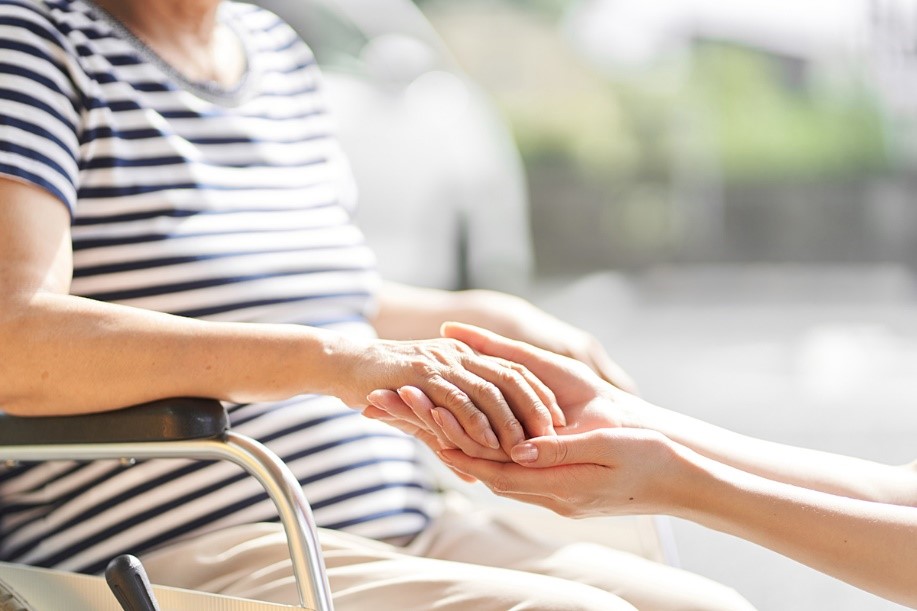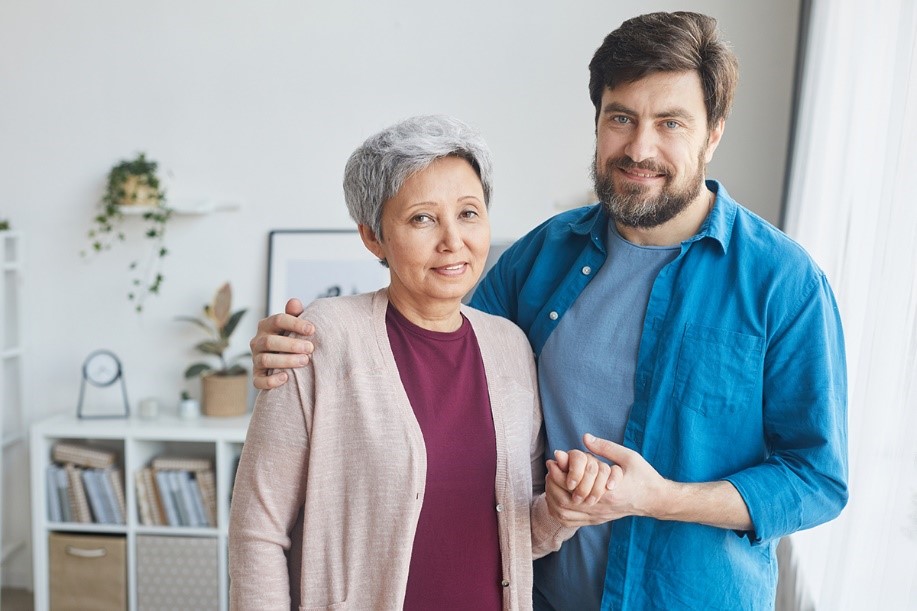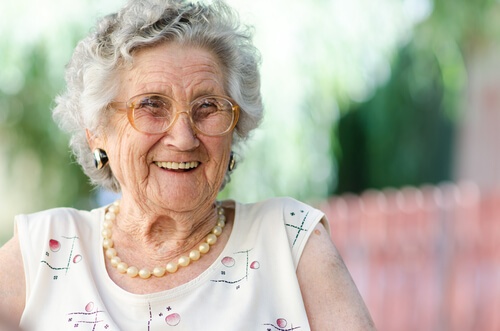
What Should You Do When Your Loved One Experiences a Fall?
As people age, their bodies lose some of the flexibility and dexterity they had when they were younger. No matter how young a person feels inside, the loss of mobility can place them at higher risk of falling when they enter their golden years. If your loved one has been injured in a fall, do not attempt to move him or her. Instead, look for obvious signs of bleeding, swelling, or severe pain. If the person is unconscious, call 911 and get help immediately.
If your elderly mom or dad requires treatment, it’s important to talk with the doctor before you leave the hospital so that you can plan appropriate care. Ask these questions before you head home:
- Is the fall related to a medical condition that will require ongoing treatment?
- Was the fall caused by a medication affecting balance? If so, have we corrected the problem?
- What medications will my loved one be taking, and at what dosages?
- Will he or she need any special equipment or supplies?
- Will my mom or dad require physical therapy?
- Will he or she need ongoing care in a rehabilitation facility?
- What can we do to prevent another fall?
- Can we expect a full recovery? If so, how long will that take?
- Should we make changes to our long-term care plan?
- When is our follow-up appointment?
What Should You Expect During the Healing Process?
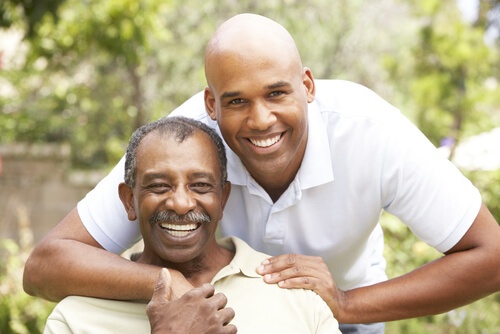
Even if the doctor does not recommend additional rehab care, your loved one may need help walking from room to room, getting dressed, or getting up and down from a seated position. Here are some indicators that your elderly parent will need assistance before returning to full independence:
- Dizziness when walking
- Managing several medications that may be confusing to remember
- Feeling weak or lightheaded when standing
- Weakness in muscles or joints that may cause unsteadiness
- Difficulty getting dressed
- Inability to perform personal hygiene routines independently
- Use of devices such as a wheelchair, walker, or cane, especially if your mom or dad has not used these items before
What Are Your Options for Senior Fall Care Support?
Depending on your loved one’s needs, you have several options for ensuring that he or she receives needed care after leaving the hospital:
Rehabilitation Facility
These facilities provide medical oversight and physical therapy for your mom or dad after leaving the hospital. This is often a logical next step if he or she requires more care than you can provide. It can also get them on the road to recovery, so they can better adjust for their return home.
Assisted Living
Assisted living facilities provide care as needed to assist with daily routines, mobility, and fall prevention. They are sometimes used as an intermediate step between the rehabilitation facility and a home care environment.
Home Care
Home care services can be customized based on your needs, from twenty-four hour care to hours targeted for specific assistance such as grocery shopping or transportation.
Companion Care
Companion care gives your loved one the social interaction they may need while homebound after a fall. Caregivers can also assist with light housekeeping, meal preparation, and ambulation assistance.
Respite Care
Caring for an elderly person after a fall can be a time-consuming and exhausting process. Respite care gives caregivers the opportunity to rest and recuperate.
You may also need to make modifications to the home environment such as installing non-slip grippers on rugs, adding handrails and grab bars, or installing raised toilet seats.
All recoveries take time. By providing your elderly loved one with the care and support needed after a fall, you can prevent additional injuries and create a safe, healthy environment for recovery.
To find out more about how home care can help your elderly family member after a fall, download our FREE Guide to Home Care.
{{cta(‘6a691ae8-409b-4b09-a1d5-2864ffe1c1b5′,’justifycenter’)}}

